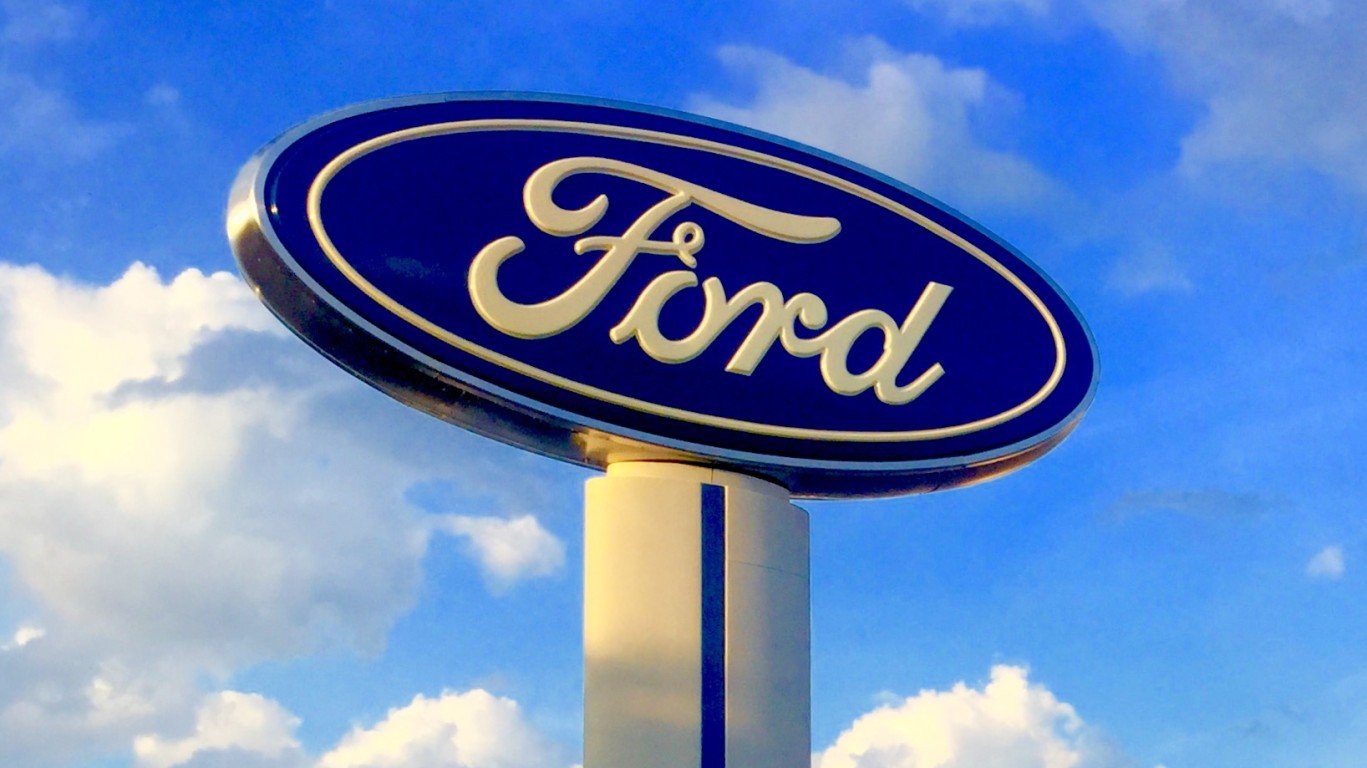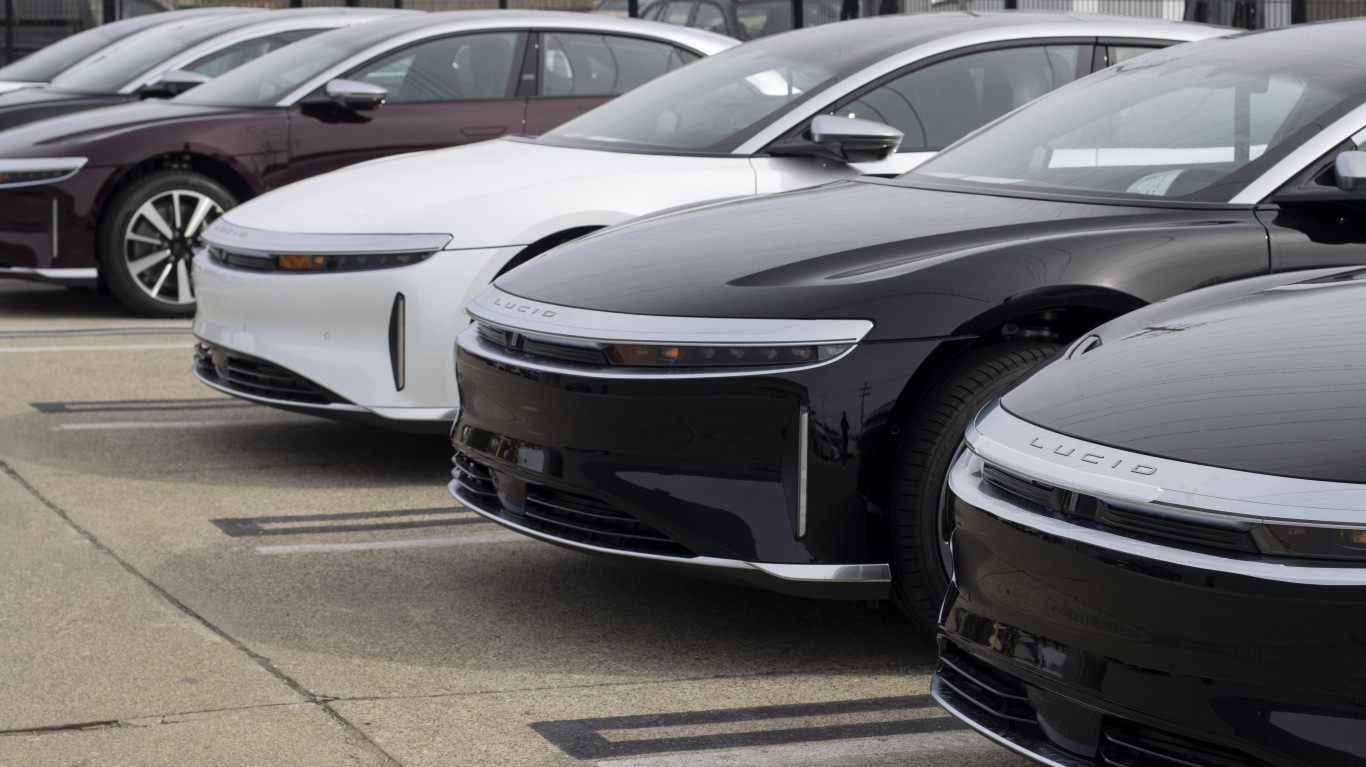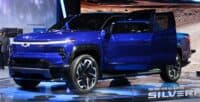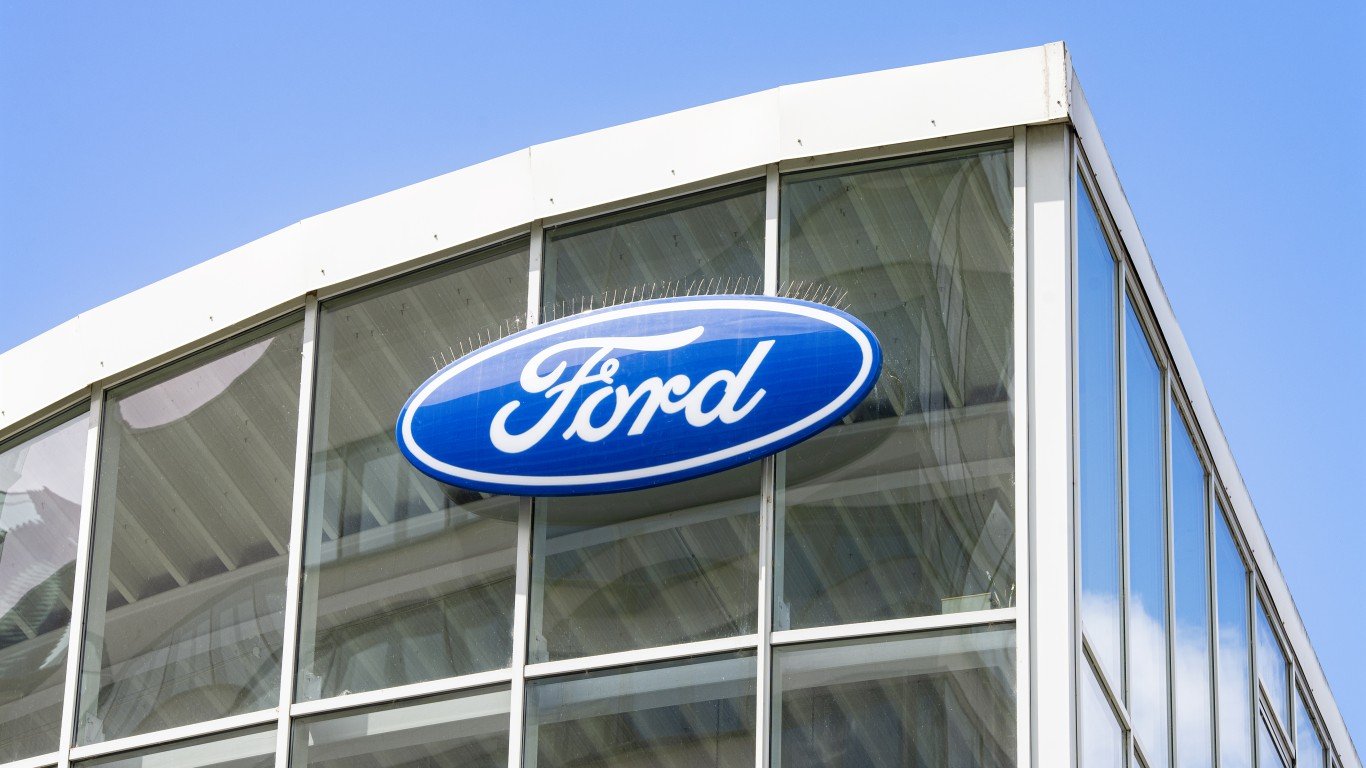

Ford Motor Co. (NYSE: F) recently named the chief financial officer of one of the most troubled electric vehicle (EV) companies in the country, Lucid Group Inc. (NASDAQ: LCID), as its new CFO. A new tariff on Chinese EVs will not save Lucid, which Sherry House was wise to leave because it is too small to survive a troubled EV industry. However, it could save troubled Ford.
Elon Musk recently commented about the Chinese industry, “If there are no trade barriers established, they will pretty much demolish most other car companies in the world.” Lucid, a penny stock, the price of which is now down 62% in the past year to $2.66, loses too much per car to have a chance for President Biden’s plans to save it. However, this could immensely help Ford, which has struggled in the EV sector. Its planned $30 billion EV investment is in tatters.
How the Tariff Could Help Ford

Under the new rules, according to Bloomberg, “The tariff rate on electric vehicles is expected to quadruple from roughly 25% to 100%.” This makes it virtually impossible for the Chinese companies to make money on cars in the United States.
Chinese automakers produce solid-quality EVs sold in their home country for under $15,000. Ford has had trouble producing EVs that it can sell for even half that price. Ford’s Mustang Mach-E has a base price of $40,000. A high-end version sells for closer to $55,000. Ford only sells a few thousand EVs per month.
Ford needs the government’s support for another reason. Several media outlets have reported that Ford lost over $100,000 per EV in the first quarter of the year. General Motors Co. (NYSE: GM) likely did no better. Each company needs several years to get prices down and sales up substantially. (The five best EVs to drive forever may surprise you.)
The United States has decided to protect its car companies from a problem they cannot solve. This means consumers will not get access to inexpensive EVs. However, it will spare Ford and GM, which an onslaught of Chinese vehicles could flatten, for now.
∴
You have the option to opt-out of these emails at any moment. For more information, please review our Disclaimer and Terms of Use.
Thank you for reading! Have some feedback for us?
Contact the 24/7 Wall St. editorial team.


